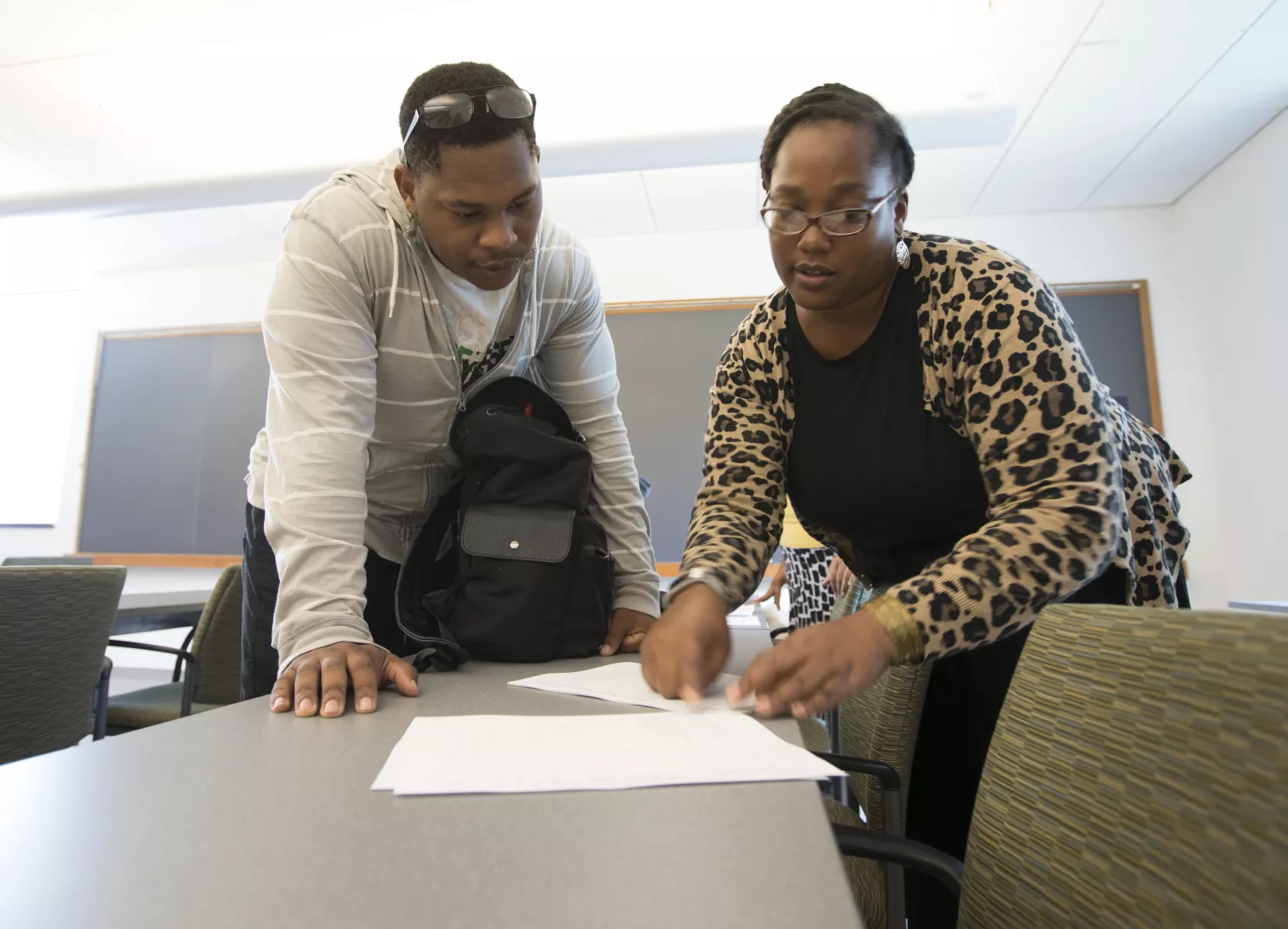Advising

Every student has an academic advisor.
Each entering student is assigned to an academic advisor. Advisors consist normally of those faculty members who do not chair a department, and some administrators also act as academic advisors, including members of the Division of Student Affairs staff. The Dean of Academic Success coordinates advising for students in the first two years; for upper-class students with majors or minors, the chair of the student’s major or minor department generally serves as advisor or designates someone else in the department to do so.
Initial advisor assignments are made by the Associate Dean of Academic Success on the basis of major interests and abilities indicated by new students. Changes in advisors will be freely granted, subject to equity in number of advisees assigned to an individual faculty member and to advisor availability. Change of advisor requests form [pdf] should be emailed to Mira Baric (mbaric1@swarthmore.edu). Reassignments may be made due to faculty leaves or shifts in duties.
Advisors must approve the courses for which students register. For this purpose, advisors meet with their advisees prior to registration. Advisors are notified when students make a change to their registrations. Advisors will also help students come to an understanding of the role of the various academic disciplines in a liberal arts education. Guidance for advisors is available in the Advising Handbook.
Advisors will receive copies of official correspondence concerning advisees' academic standing. This helps to make it possible for the advisor to apply general knowledge of academic life to each student's particular case. Those are the formal parameters of the relation between advisor and advisee. It is our hope that rather than being the outer limit of that relationship, it will become the framework for a connection with a broader impact.
The outcome depends on the match between advisor and advisee, which involves effort by both parties. The Office of Academic Success does their best to make a good match. Students are encouraged to look for common ground with the advisor to whom they are assigned, and, if it seems appropriate, to suggest the name of a new advisor with whom they think a valuable advisor-advisee relationship might be established.



